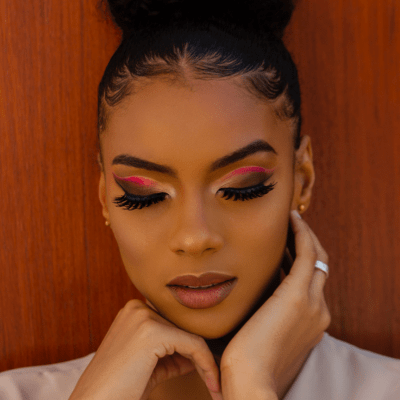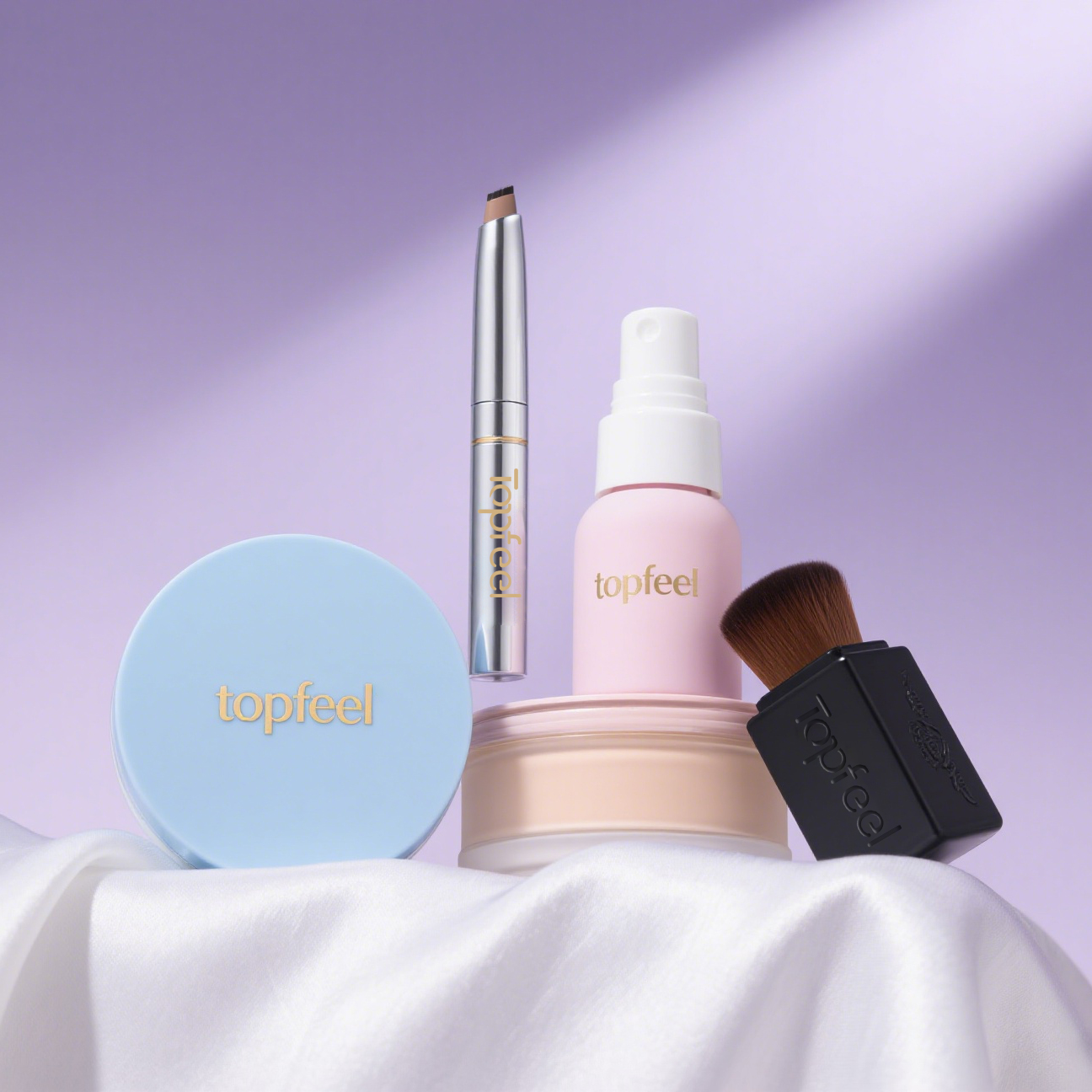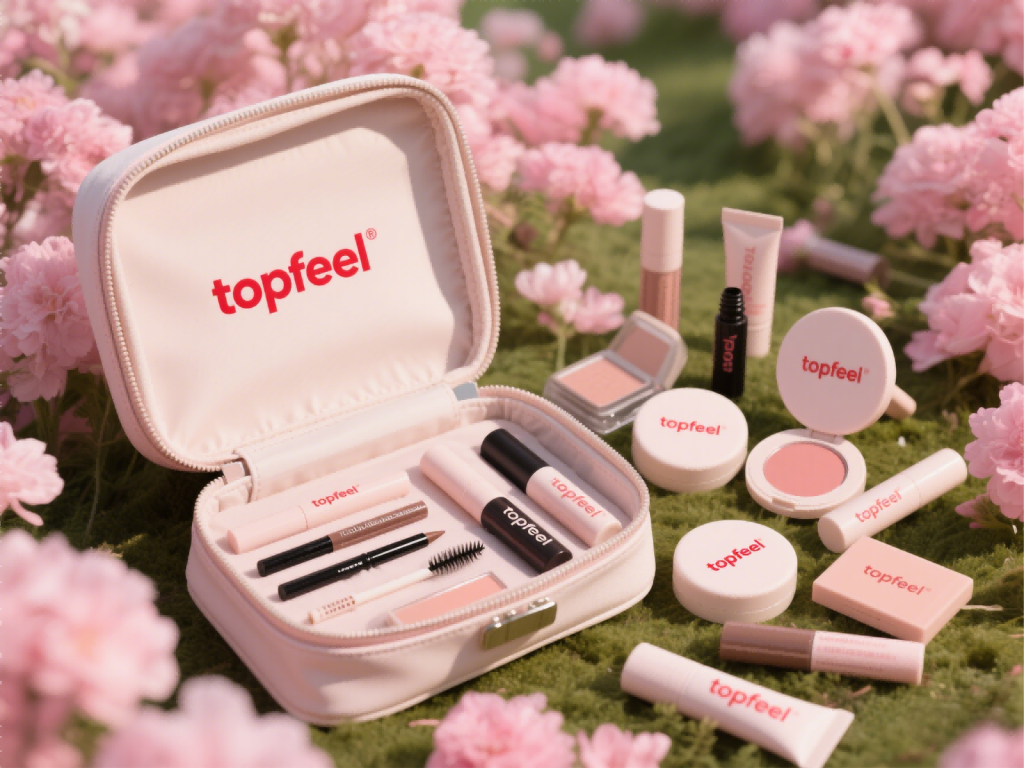Can Selling Private Label Cosmetics Be a Profitable Venture?
The beauty sector is thriving, and private label cosmetics present a rewarding chance for business starters to join this lively market without creating items from the ground up. But is selling private label cosmetics truly worthwhile? This piece dives into the details of private label cosmetics, their rising popularity, advantages, hurdles, and ways to succeed.
What Are Private Label Cosmetics and How Do They Work?
Private label cosmetics let companies market beauty goods under their own name without spending on studies, creation, or production sites. This approach suits new ventures and well-known companies aiming to grow their range swiftly.
Definition of Private Label Cosmetics
Private label cosmetics are items made by an outside provider but sold under a shop’s name. Unlike typical cosmetics firms that invent and craft their own goods, private label companies emphasize naming, advertising, and sharing, using the skills of producers.
The Process of Creating Private Label Products
Crafting private label cosmetics involves a few vital steps. First, study the market to spot customer wants and gaps for popular items. Next, pick a dependable maker to guarantee quality and rule-following. Then, tailor items, packaging, and naming to match your audience. After that, the producer makes the goods, ensuring they meet safety and quality rules. Finally, advertise the items through smart plans to reach your crowd. This smooth process helps firms launch goods fast and cheaply.
Why Is the Demand for Private Label Cosmetics Growing?
The worldwide beauty market is expected to hit $646.20 billion by 2025, with private label cosmetics gaining strong ground. Several reasons fuel this growing interest.
Trends Driving the Popularity of Private Label Products
Certain shifts are boosting the appeal of private label cosmetics. The clean beauty trend pushes buyers to seek green, safe items, which private label firms can swiftly offer. Also, personalization lets companies serve specific groups with custom items, like animal-friendly cosmetics. Plus, online shopping growth makes it simpler for private label firms to reach buyers worldwide.
Consumer Preferences for Customization and Affordability
Today’s buyers value items that fit their unique needs and wallets. Private label cosmetics meet these wishes by offering tailored solutions. Companies can craft items for certain skin types or cultural tastes. Also, by cutting study costs, private label goods often cost less than famous brands, drawing budget-minded shoppers.
What Are the Key Benefits of Selling Private Label Cosmetics?
Selling private label cosmetics brings many upsides, making it an appealing choice for business starters.
Higher Profit Margins Compared to Traditional Retail Models
Private label cosmetics often yield bigger earnings due to lower making costs. Producers create in large amounts, cutting per-item costs. Also, selling directly online skips go-betweens, boosting gains. Plus, firms set their own prices, raising income. For instance, private label firms can earn 30-50% profits, compared to 10-20% for usual shops.
Flexibility in Branding and Marketing Strategies
Private label cosmetics offer great freedom, letting firms craft unique identities. They can design distinct logos, packaging, and stories. Also, they can adapt fast to new buyer trends, like launching a dual-purpose blush cream. Plus, they can target specific groups, like young or older buyers.
What Challenges Might You Face When Entering This Market?
While private label cosmetics offer big chances, the market has its share of obstacles.
Competition in the Beauty Industry
The beauty sector is fiercely crowded, with big names and newcomers fighting for attention. To shine, private label firms must stand out. They can offer unique items or engaging stories. Also, they should invest in advertising, building a strong online presence through search tools and social platforms. Plus, partnering with trusted providers ensures steady item quality.
Managing Production Costs and Quality Standards
Keeping quality while controlling costs can be tough. Supply issues, like global disruptions, may delay making timelines. Also, different countries have varied rules for cosmetic parts and labels. Plus, uneven item quality can harm a firm’s name. Working with a skilled provider can ease these risks.
How Can You Build a Successful Private Label Cosmetics Business?
Winning in the private label cosmetics sector demands careful thought and action. Here are key ways to thrive.
Choosing the Right Product Line for Your Target Audience
Picking the right items is vital to grab your market. Study your audience’s likes using tools like online trend trackers to find high-want items.
Popular Categories in the Cosmetics Market
Skincare items, like face washes and creams, appeal to all ages, especially green-minded buyers. Makeup, such as lip colors and face bases, draws younger crowds. Hair goods, like washes and styling aids, suit varied, style-focused buyers. Body items, like creams and scrubs, attract wellness lovers.
Developing an Effective Marketing Strategy
A strong advertising plan is key to drive visitors and sales. Use search-friendly words like “private label cosmetics” in posts and item details to climb search ranks. Also, create helpful posts, guides, and clips to build trust. Plus, send tailored emails to grow buyer ties. Encourage buyers to share feedback and stories to gain trust.
Leveraging Social Media and Influencers
Image-based social apps, such as photo-sharing tools, short-video platforms, and video-sharing websites, are extremely helpful for advertising private-label cosmetics brands. These digital spaces increase brand attention and connection. They are ideal for showing off special product collections. Partner with beauty trendsetters to show items, as seen with some firms. Share engaging posts, like guides, behind-the-scenes clips, and buyer tales. Plus, create named tags to boost visibility and spark buyer posts.
Why Is This a Trusted Partner for Private Label Cosmetics?
Topfeel, a leading private label cosmetics provider with over ten years of know-how helps firms worldwide bring their dreams to life. Based in Asia, it offers full solutions, from item creation to packaging, ensuring top-notch cosmetics that meet global rules.
Overview of Services and Expertise
Topfeel shines for its wide services. Its team works closely with clients to craft unique blends tailored to specific needs, like plant-based or natural cosmetics. Their item range includes makeup, skincare, and more, with custom packaging to boost brand charm.
Commitment to Quality Assurance
The provider follows strict quality checks, ensuring items meet global rules like safety standards. Their modern sites and thorough testing ensure steady, safe, and effective cosmetics. By partnering with them, firms can focus on advertising and sales while leaving making to experts.
FAQs About Selling Private Label Cosmetics
What Is the Minimum Investment Required to Start?
The starting cost depends on the provider, item type, and order size. Typically, launching a private label cosmetics line needs $5,000-$20,000 for initial stock, naming, and advertising. Contact the provider for custom pricing and order minimums.
How Long Does It Take to Launch a Product Line?
The timeline for launching a private-label cosmetic collection usually spans 3-6 months. Several factors affect this duration. These include the complexity of the items, the level of personalization required, and the need to meet legal standards. Working with a trustworthy producer often boosts efficiency. This helps ensure the project finishes on time.
Can I Customize My Products with Unique Formulations?
Yes, most private label providers offer tailoring options. You can craft unique blends, scents, and packaging to match your brand’s vision, meeting specific buyer wishes like green beauty or age-defying solutions.







